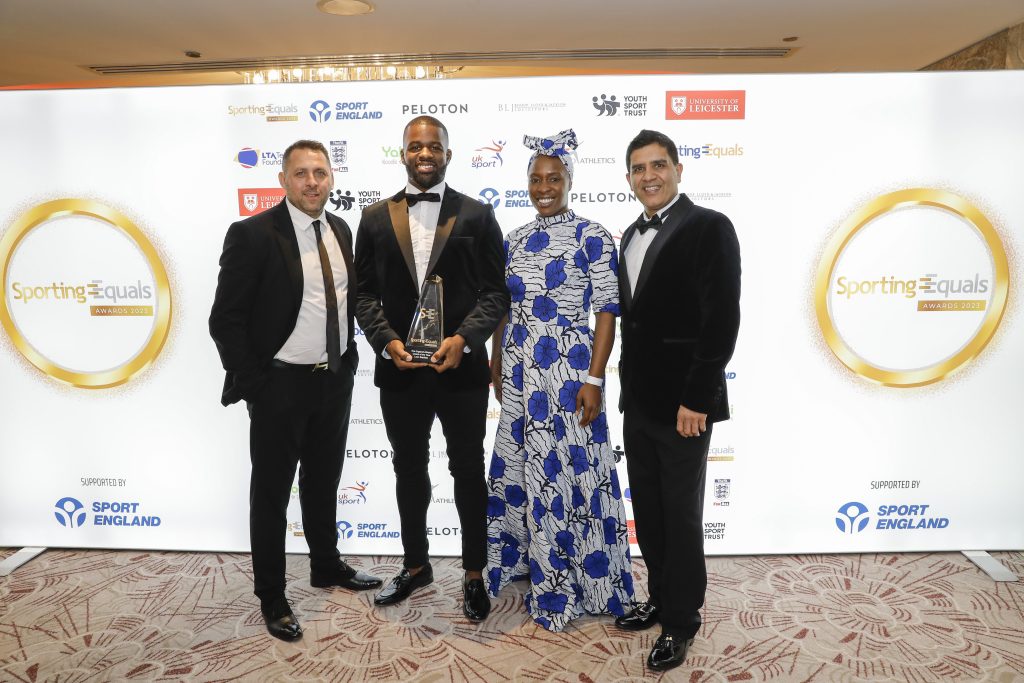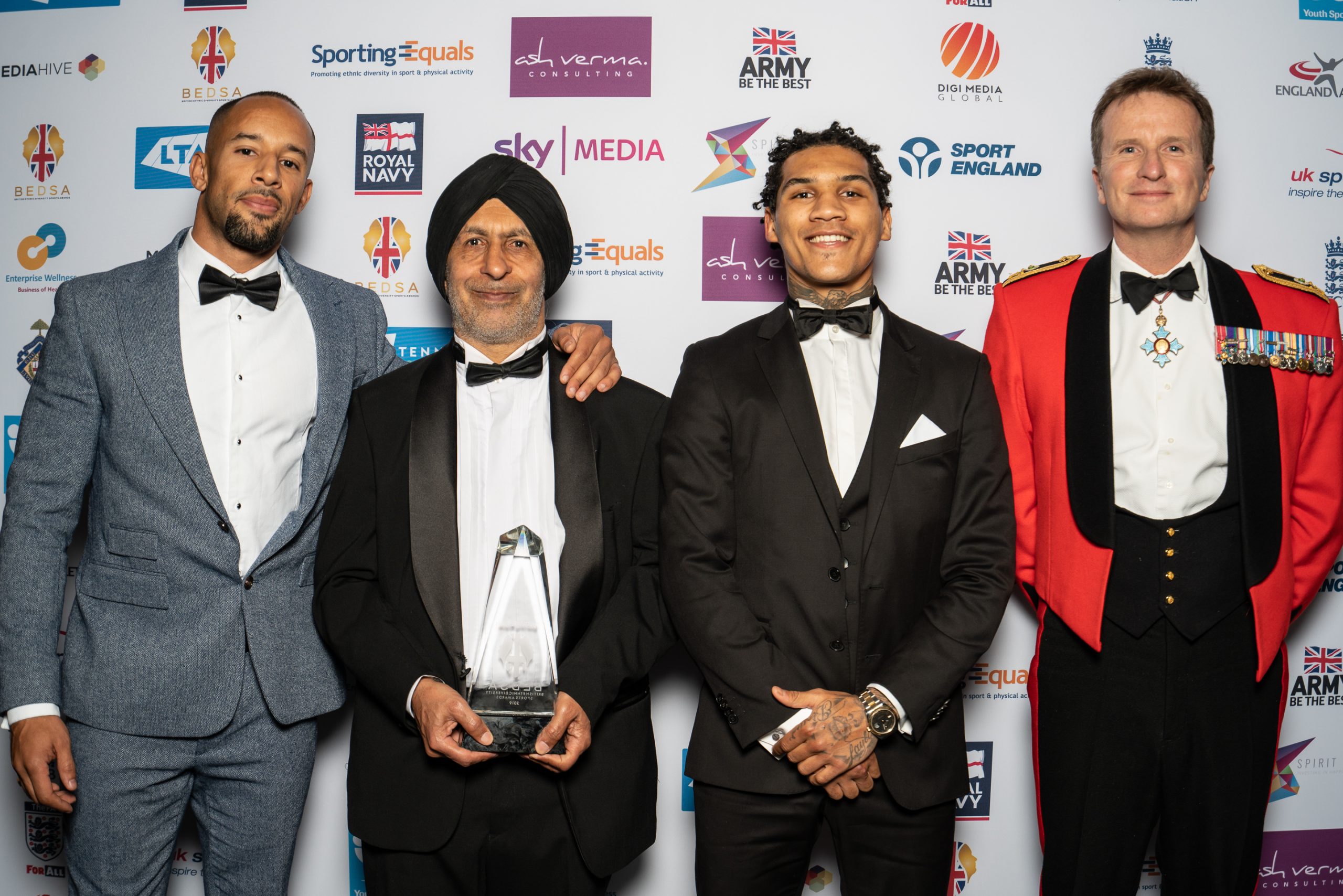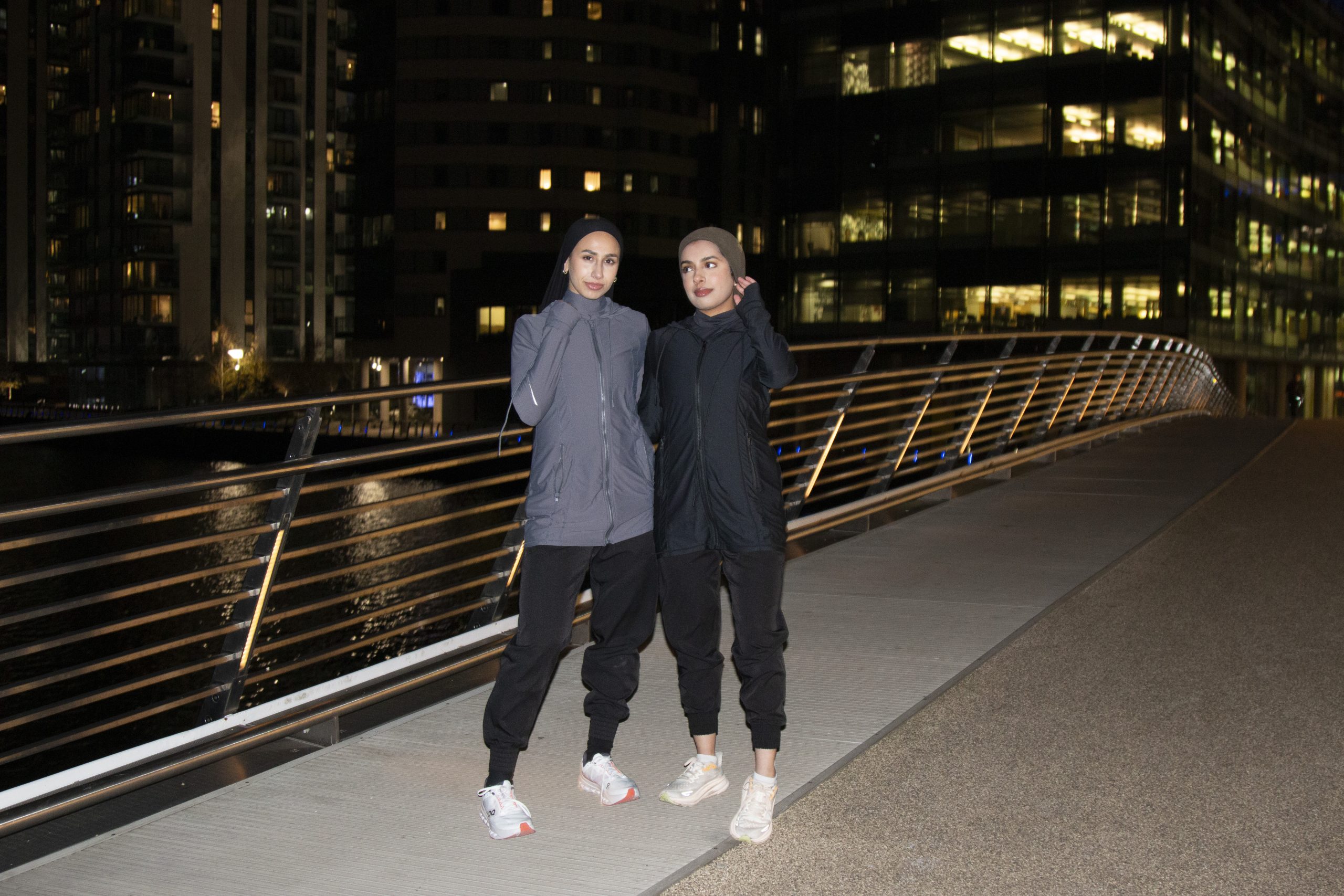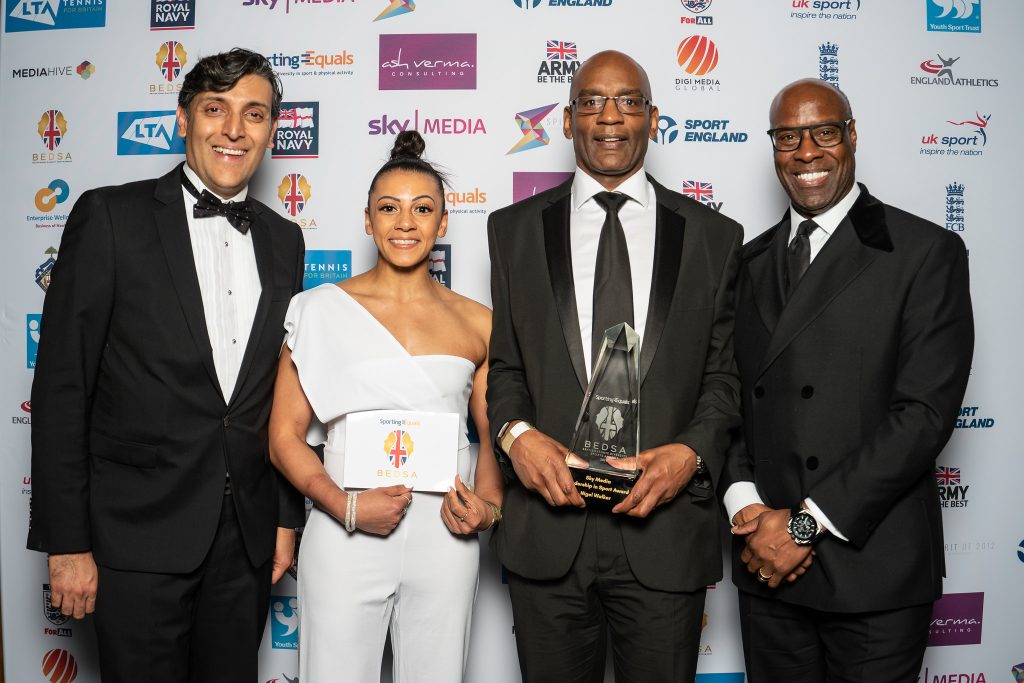With the announcement of the General Election taking place 4 July 2024 we have a manifesto that will help the next UK Government improve race inclusion in sport and physical activity. These recommendations are cost effective and will make a tangible impact quickly.
The current situation
Inequality in terms of access to sport and physical activity is rife across ethnically diverse communities. 67.3% of mixed or white adults are likely to be physically active, compared to only 56.4% of Chinese, Black, Asian or other according to Sport England Active Lives data.
When looking at specific groups we have found that people of British Asian heritage are the most under represented, with only 1.1% of athletes reported in the Race Representation Index (RRI) being British Asian. This gets worse still when looking at coaches, where only 0.8% of coaches reported in the RRI were British Asian.
Access to and knowledge of opportunities across ethnically diverse communities is poor. To mitigate the impact of COVID-19 Sport England launched The Together Fund. As part of this exercise bureaucracy was lowered and it was found that approximately 80% of organisations applying for funding were entirely new to Sport England. The consistent feedback given to Sporting Equals from the community groups and clubs was that they did not have the knowledge of how to apply, the capacity to do so or awareness of pathways for funding prior to the Together Fund. It is clear that bureaucracy, while having it’s place to ensure fairness, has been a significant obstacle.
The Race Representation Index 2022 measured work force data for publicly funded English and British wide National Governing Bodies (NGBs). It graded NGBs against census data to measure how representative of the population sports are.
One NGB (Basketball England) scored an A grade overall, with the average grade being E across all sports. Board level representation had an average score of C for those who did respond, though this drops to a D average when NGBs who declined to take part are considered. Senior Leadership and coaches scored an average of an E while players scored an average of a D. So few NGBs collected data on officials that it was not possible to report on them in any meaningful way in 2022.
Of 66 NGBs invited to take part all but nine participated. Those that declined to take part pointed to a lack of resource or conflicting methodology internally as the reasons for not participating. Disappointingly both the Football Association and British Cycling, some of the most well publicised and well-funded sports declined to participate. This decision undermines the efforts of other sports and charities such as Sporting Equals to be inclusive and accountable. However it was good to see the likes of the England & Wales Cricket Board, England Rugby Football Union and England Netball take part – showing that the more progressive NGBs see the value in transparency and accountability.
Overall Sporting Equals is pleased to see that ethnic diversity is a priority for the vast majority (86%) of NGBs. The situation is not perfect and there are clear improvements to be made but there is an appetite from most sports to sincerely engage and be more inclusive.
Within Active Partnerships (APs) the “place focused” approach, championed by Sport England, is one which Sporting Equals endorses. These community and faith centres are already destinations for ethnically diverse communities that can be used to deliver sport and physical activity. Where APs need support is in how to communicate most effectively with these communities. It is good to see that some resources are available in languages other than English, however it is the media the message is delivered that is important. Embracing new media and being audience centric in content will help. It I cost effective to produce templated content that is used across many areas, but in reality it needs to be adapted to suit the specific audience the AP is speaking to.
What does good look like
Basketball England are the standout NGB when it comes to improving ethnic diversity in sport. It is a sport that is geared toward its audience and being user centric. The formats of basketball enable it to be played in nearly every conceivable community across the country. It is a sport that can be played as an individual with only a ball. It can be played one-on-one, three-on-three, indoor or outdoor. Competition exists recreationally, in local city leagues, county leagues, regional and national leagues.
The talent pathway is inclusive with ethnically diverse coaches across the sport. The NGB celebrates coaches and athletes of all ethnic backgrounds, ensuring that all know they are welcome.
The leadership of Basketball England challenge themselves to be more inclusive and embrace services such as the Race Representation Index to hold themselves to account. When they make appointments to board or senior management level they celebrate these publicly and subtly point to the protected characteristics of those individuals.
They have challenges when it comes to funding, as the funding model is based on medal success which Britain is unlikely to challenge for in the short to medium term. However they have utilised volunteer networks across basketball to mitigate for resource issues.
When building a more inclusive model Basketball England went into granular detail, facilitating one-to-one sessions when needed; alongside broader group discussions. This approach provided a safe space to have difficult but important conversations. Some were physical, some were digital – the provision of both proactively removed barriers for these communities to engage with Basketball England.
Key steps taken by Basketball England included:
- Reviewing policies with an external partner
- Developing an EDI committee
- Employing an EDI Manager
- Improving the reporting process for racial discrimination
- Adopting an openly anti-racist posture
- Promoting anti-racist resources
- Quintupling the integrity team so capacity was not an issue
This resulted in the staff growing from 12% to 25% ethnically diverse in three years while the board held at 30%. It also resulted in the sport being 34% ethnically diverse.
What needs to change
The good news is that there are a great number of easy changes that can deliver tangible change quickly. These are:
- Formation of an All Party Political Group (APPG) looking specifically at ethnic diversity in sport and physical activity. This will focus on community assets, policy changes for NGBs and holding stakeholders to account.
- A legal requirement for NGBs to participate in RRI data collection with funding set aside by each NGB to facilitate this. A consistent methodology across all sports, with real consequences for not participating, is the only way to ensure all sports engage. This should be monitored by the APPG.
- Mandatory education of all employed NGB staff on racism and inclusion. Only by understanding the lived experiences of their membership and the wider public can an NGB empower those ethnically diverse communities to take part.
- Establish Independent Regulators across all sport to address instances of racism. Situation such as the Football Association having to appeal against its own disciplinary board should never happen. An Independent Regulator acting across all sports can ensure consistency and spread best practice. This regulator must establish confidence in the process and integrity of any complaints of racial discrimination being raised.
- Adapt funding model for sport to account more for participation and diversity, not prioritising medal success over everything else.
- Requiring that all interview panels for jobs contain ethnically diverse representation will help empower candidates and ensure a fairer interview process.
- Requiring all jobs within the sports and physical activity sector advertise the salary, as this is proven to be important in empowering ethnically diverse people in applying for roles.
- Mandate that all NGBs establish Equality, Diversity and Inclusion committees that are representative of the population as much as possible – rather than reflective of the existing sport specific participation.
- Mandate that all NGBs review policies on a regular basis, reporting on progress to the APPG.
- Require all NGBs to have clothing policies that empower ethnically diverse communities to participate, knowing they are explicitly welcome. Specifying religious headwear and items of clothing such as base layers or leggings can ensure none are indirectly excluded.
- Remove bureaucracy in funding application processes so that less literate and less well resourced community groups and clubs have opportunities to succeed.
- Advertise opportunities for funding, sports and physical activity in a manner tailored to ethnically diverse communities. We recommend utilising community and faith centres physical and digital space to advertise opportunities direct to an audience that otherwise NGBs and APs struggle to reach.
- APs and NGBs must be not only permitted to but encouraged to engage with corporate partners to deliver projects on a community level. An example would be delivering basic bicycles to Mosques that can be loaned out, with training in Bikeability alongside the provision. This will then enable Muslim women, typically of South Asian heritage who are statistically likely to be the least active demographic, to use cycling as a means of transport confidently and safely.
- NGBs and APs need to report as an obligation on their community outreach and projects they do with ethnically diverse groups. Making this a reported, public concern increases accountability and makes it a priority for all organisations. National programmes are fine in principle but real impact is made by tailoring the programmes to local communities. By building relationships with clubs and groups in local areas the NGBs and APs will not need to increase resource, but can improve delivery.
To read the Sports Think Tank recommendations in full please download it here.




